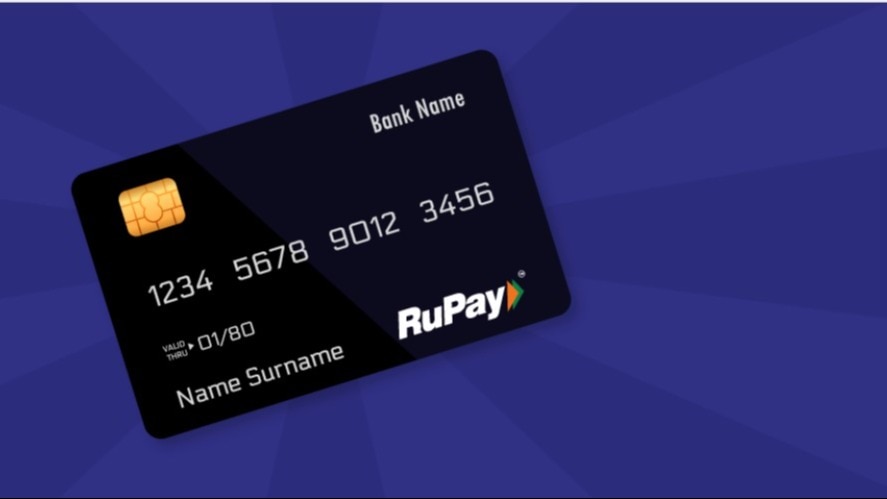As the Union Budget approaches, there is a demand to bring parity between forex and credit cards. Currently, forex cards are subjected to Tax Collect
As the Union Budget approaches, there is a demand to bring parity between forex and credit cards. Currently, forex cards are subjected to Tax Collected at Source (TCS), creating a disparity compared to credit cards that enjoy exemption under the Liberalised Remittance Scheme (LRS).
This is because in the previous year, the Finance Ministry amended rules under the Foreign Exchange Management Act (FEMA) to include international credit card spending under the Liberalised Remittance Scheme (LRS), subject to TCS. However, these rules were put on hold for credit cards, while forex cards continued to face a high TCS of 20% on total forex spending exceeding Rs 7 lakhs. “Currently, forex cards attract tax collected at source (TCS) at 20% if the user buys foreign exchange in any form beyond Rs 7 lacs in a financial year, while there is no TCS on international credit cards irrespective of the amount and does not fall under overall LRS limit of USD 2,50,000 per annum,” said Sudarshan Motwani, Founder, and CEO of BookMyForex.com
“We urge the government to consider inclusion of credit cards under new TCS regime to create equality amongst various financial instruments that international travellers use. Credit cards are being marketed as forex cards or travel cards. Secured credit cards that require a minimal amount of FD are now used as forex or travel cards and function exactly like forex prepaid cards with no document or TCS requirements. Forex cards are specifically tailored for foreign travel with specific amount of foreign currency pre-loaded at predetermined rates. This ensures complete transparency in forex rates. In contrast, forex rates on credit cards denominated in Indian rupees are applied at the time of transaction and hence these are opaque and generally much higher than forex Cards,” said Motwani.
Also read: Gold and silver prices today: Precious metals edge lower amid diminished hopes for US rate cut
Also read: Budget 2024-25: Here is what experts expect for the insurance sector
Also read: Indel Money to offer NCD yielding 12.25% for 6 years; subscription open till January 30
Another advantage of a forex card is the liberty for travellers to choose a small amount limited to their holiday money, as opposed to exposing their entire credit limits on their credit cards. Credit Cards also levy exorbitant interest rates and other charges in case of any payment failure. Forex Cards should therefore be treated at par with Credit Cards and enjoy the same TCS treatment as credit cards. Addressing these concerns will not only contribute to a level playing field but also bring about significant savings for the customers,” explained Motwani.
www.businesstoday.in

COMMENTS